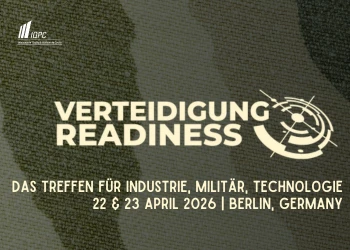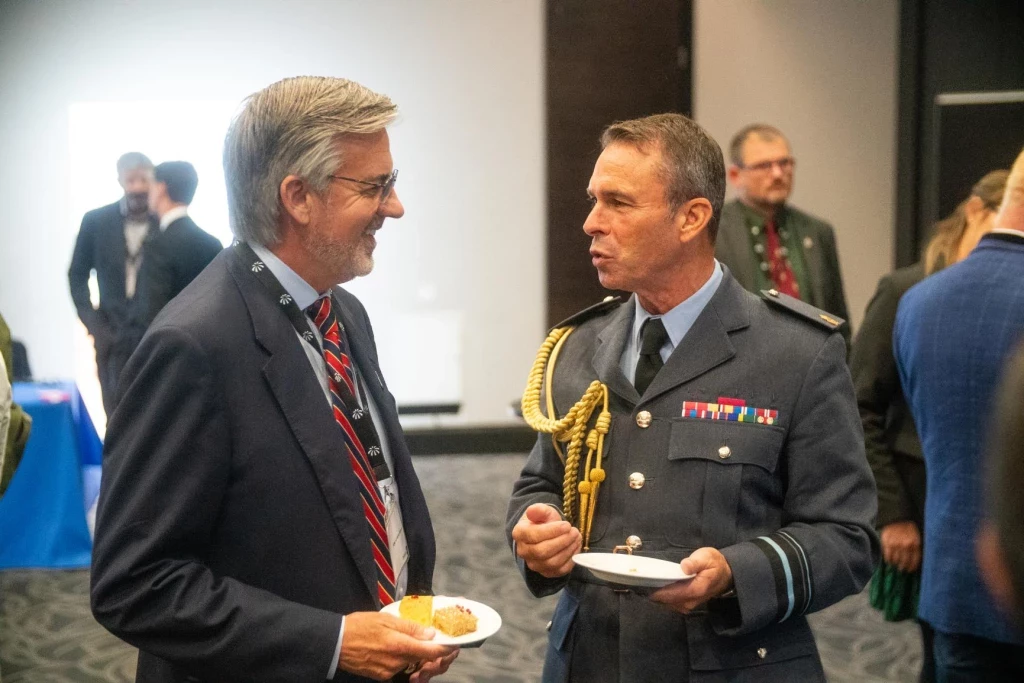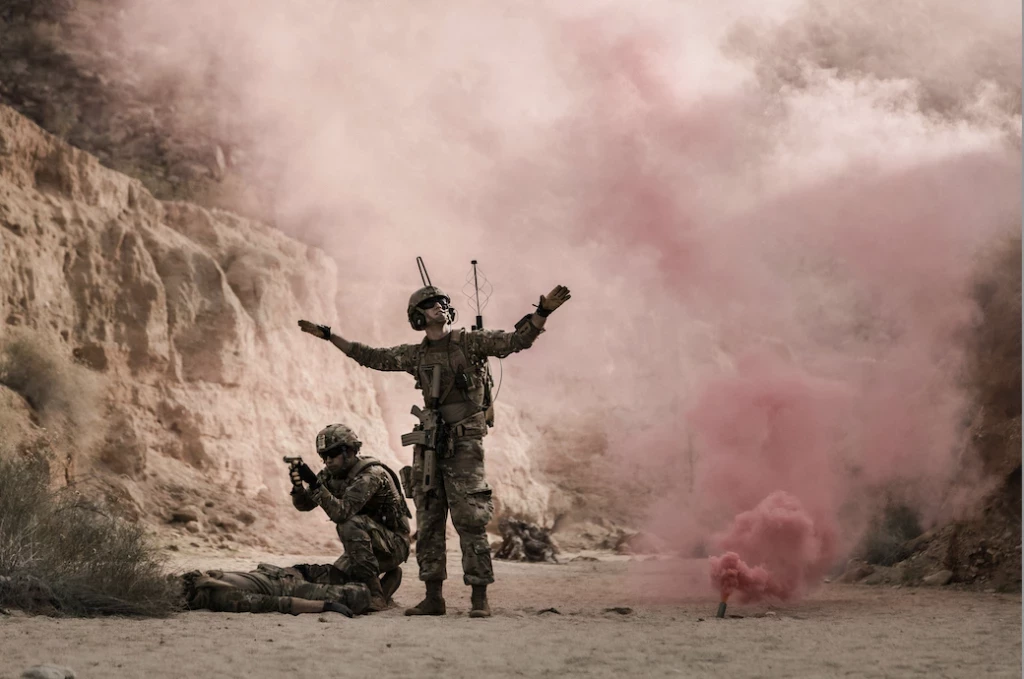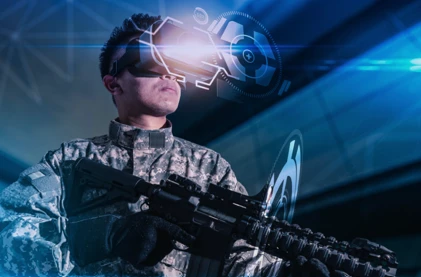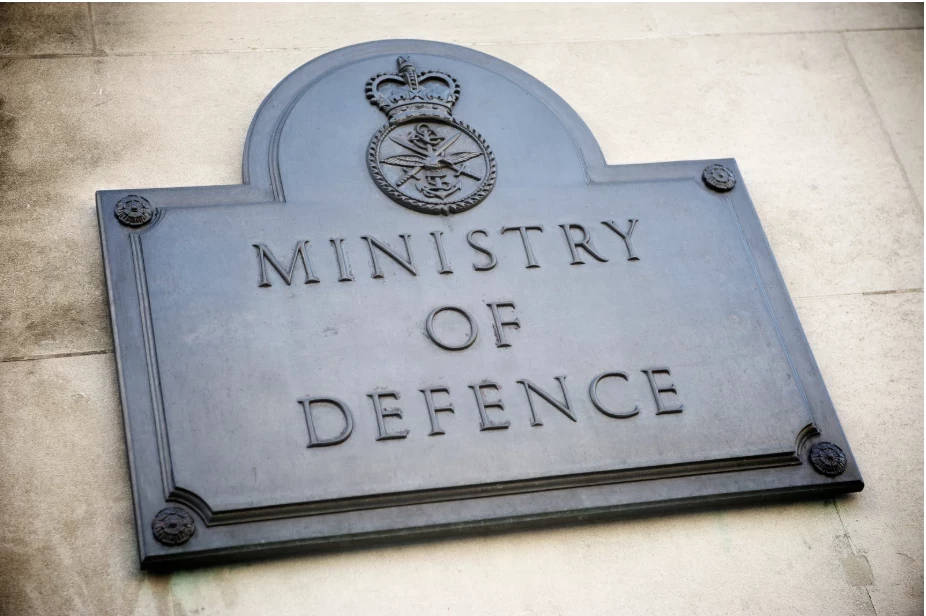Swedish Army training acquisitions: Manpack 300 systems
Major General Karl Engelbrektson talked to Defence IQ about the integration of the new Manpack 300 systems into their training infrastructure and the importance of industry in design and delivery
Add bookmarkSwedens Manpack 300 systems
Modern Land Forces Commanders face a difficult challenge in ensuring their land forces are adequately trained and prepared for future operations. The uncertainty of the nature of future threats and the environments that will define future conflict are some of the main concerns that will affect the development of military doctrine, training capabilities and procurement plans in the coming years.
Manpack 300 System. Source: Saab
RECOMMENDED: VBS STE: The future of simulated training
Commander of the Swedish Army, Major General Karl Engelbrektson, and speaker at Land Forces Training 2019 talked to Defence IQ about the integration of the new Manpack 300 systems into their training infrastructure and the importance of industry in the design and delivery of new training capabilities.
Defence IQ: Could you describe how you see the 2025-2035 operating environment?
Major General Engelbrektson: The future operating environment will be characterised by warfare that will be carried out in built-up areas, major cities and strategic areas nearby. Troops will use long-range weapon systems, cyber warfare, electronic warfare, mechanised units and Remotely Piloted Aircraft Systems.
"The future operating environment will be characterised by warfare that will be carried out in built-up areas, major cities and strategic areas nearby"
Defence IQ: What is Sweden doing to ensure that current training capabilities will be effective at preparing personnel for the future operating environment?
Major General Engelbrektson: Sweden has in the last 7-8 years had a focus on developing the ability to train with simulators in built-up areas. Training facilities of various sizes and with different abilities have been acquired and with the use of mobile combat training centres, each army unit will have the ability to train individual soldiers up to whole units.
RECOMMENDED: BISim on how simulated training is shaping future soldiers
Training with simulators will be carried out during all stages of building ability in Swedish Army units. Using the CTC systems also gives the opportunity to make a proper and reliable evaluation that can be used for various analyses. Sweden always strives to acquire and use simulator systems that have function and ballistics as a real system. This always is the most important part of Sweden when future simulator procurement will take place.
Defence IQ: Sweden has recently acquired the Manpack 300 training systems for the Swedish Army. Can you describe the role and importance of new technologies for land forces training?
Major General Engelbrektson: The Manpack 300 training system gives the opportunity for all army units to train locally with an ability to evaluate the result of current training. The Manpack 300 systems also provide the opportunity to merge and combine several systems and train regionally. With this possibility, training can take place with the same system functionality locally, regionally and during centralised army exercises.
Effective training can begin on the first day of centralised exercises when we have the opportunity to use Manpack 300 both locally and regionally. Through the introduction of the Manpack 300 system, Sweden has a system that becomes interoperable with other countries that also have this system.
RECOMMENDED: Defence Predictions and New Technologies
Defence IQ: Could you share some insights into the importance of industry in the design and delivery of new capabilities?
Major General Engelbrektson: In the future, different systems should support trainers with evaluation data that are analysed by the systems themselves. This means that evaluation results become more objective and more accurate and not influenced by human emotions.
"The Manpack 300 training system gives the opportunity for all army units to train locally with an ability to evaluate the result of current training"
In the future, different domains will be able to transfer data between them automatically. This will mean that simulated training will be directly linked to live training. There will be advantages when simulated units and live units and its systems can be included in the same exercise.
future systems must always have the same functionality as the real system, through this the units will achieve a higher ability. Through this, units will achieve ‘train as you fight – fight as you train!’ Tomorrow´s systems must have builtin ability to be updated and modified to be able to handle changes such as new ammunition and changed opponent - enemy with new systems.
Defence IQ: You will participate in the inaugural Land Forces Training conference. What do you hope to learn and achieve at the event?
Major General Engelbrektson: It’s important for the Swedish Army to be able to train together with other countries and through training build up increased ability.
RECOMMENDED: The digitisation of defence
In order to be able to train together a number of areas must be shared between different countries. I hope that during this conference we can start up a discussion regarding future common choices when it comes to recommended standards such as laser codes and communication between different systems.






